India occupies a unique place among the democratic countries of the world for the importance it accords to the primordial identities of religion, language, and caste. Religion as personal faith is a significant psychological and social resource in the lives of millions of Indians. However, in a multi-religious society, a religiously neutral state is an imperative. The Indian state protects and even facilitates public expression of religious beliefs and practices. This often creates problems. T.N. Madan—one of India’s most distinguished sociologists—explores the foregoing themes in the essays collected in the first two parts of this book. In Part III, he discusses how India’s religious traditions have strong pluralist tendencies—they have grown in a state of mutual interaction, borrowed from each other, yet retained their individual characteristics. Finally, Part IV goes beyond the themes of religion, secularism, and national identity and discusses issues in the comparative study of cultures and civilizations. A core idea that binds together the essays is the understanding—supported by a vast body of historical and social science research—that despite the on-going processes of secularization, religion still occupies a significant place in the lives of most people in India. It exists not in isolation but in dynamic interaction with politics and the wider cultural settings. Madan’s discussions rest on wide ranging scholarship cutting across disciplines and are marked by their lucidity and sobriety.
The Scheduled Tribes and their India: Politics, Identities, Policies and Work
A people in need of quick ...
$98.10
$109.00


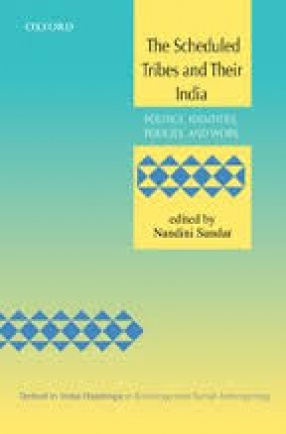
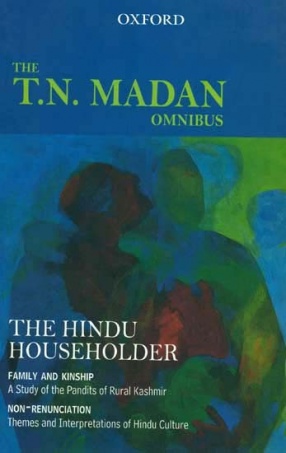
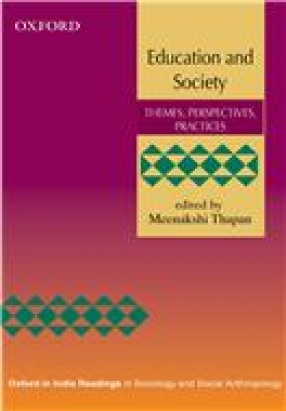

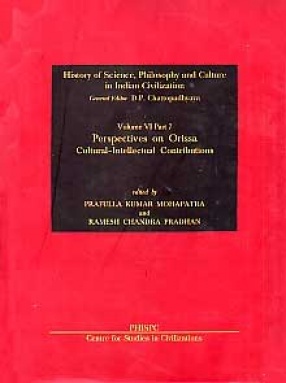
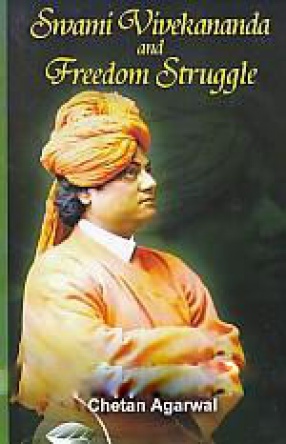
There are no reviews yet.